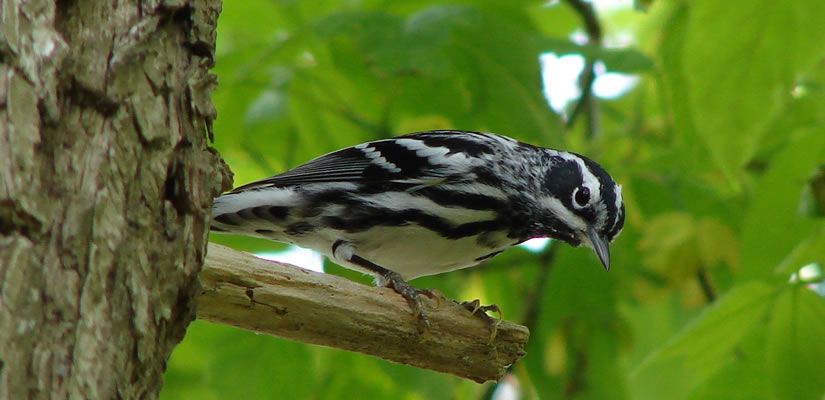Biodiversity

The Montreal Process criteria and indicators provide a common ground, helping member countries work out shared objectives and collaborative actions on biodiversity conservation.
They provide a mechanism for countries to assess progress in forested ecosystems toward meeting international biodiversity objectives, such as the 1993 Convention on Biological Diversity (CBD). While the objectives of the CBD address biodiversity issues in all ecosystems, the Montreal Process criteria and indicators focus on forest ecosystems, providing a common approach for forest ecosystems that cross country borders.
Because of reporting on common indicators, the national forest inventories of many member countries are now collecting similar, and in some cases, standardized inventory data. Chile and, Argentina have recently enacted forest regulations aimed at sustainable forest management and biodiversity conservation that use the common framework of the Montreal Process criteria and indicators.
This comparability among forest inventories has allowed the North American Forest Commission (NAFC) - made up of Canada, Mexico, and the United States - to commence work to produce continental forest information products, such as forest ecosystem maps and disturbance databases. These products are based on ecosystem boundaries rather than political boundaries and lay the ground work for continent-wide conservation and management strategies to be developed to help protect biodiversity across North America.
In particular, the NAFC is working on models to predict the most likely areas for insect infestations and is planning to develop guidelines for assisted migration - essentially helping species move into new suitable habitat when their existing habitat becomes unsuitable due to rapidly changing environmental conditions. These maps will also be featured in the Commission for Environmental Cooperation's Environmental Atlas for North America, providing standardized information to the public and policy makers.
Russia, Korea, Japan, New Zealand, and China are all undertaking individual projects in temperate and boreal forests of high conservation value that address forest ecosystem health and vitality as well as other values and which will contribute to the collective view of biodiversity status within these forests through Montreal Process country reports.
